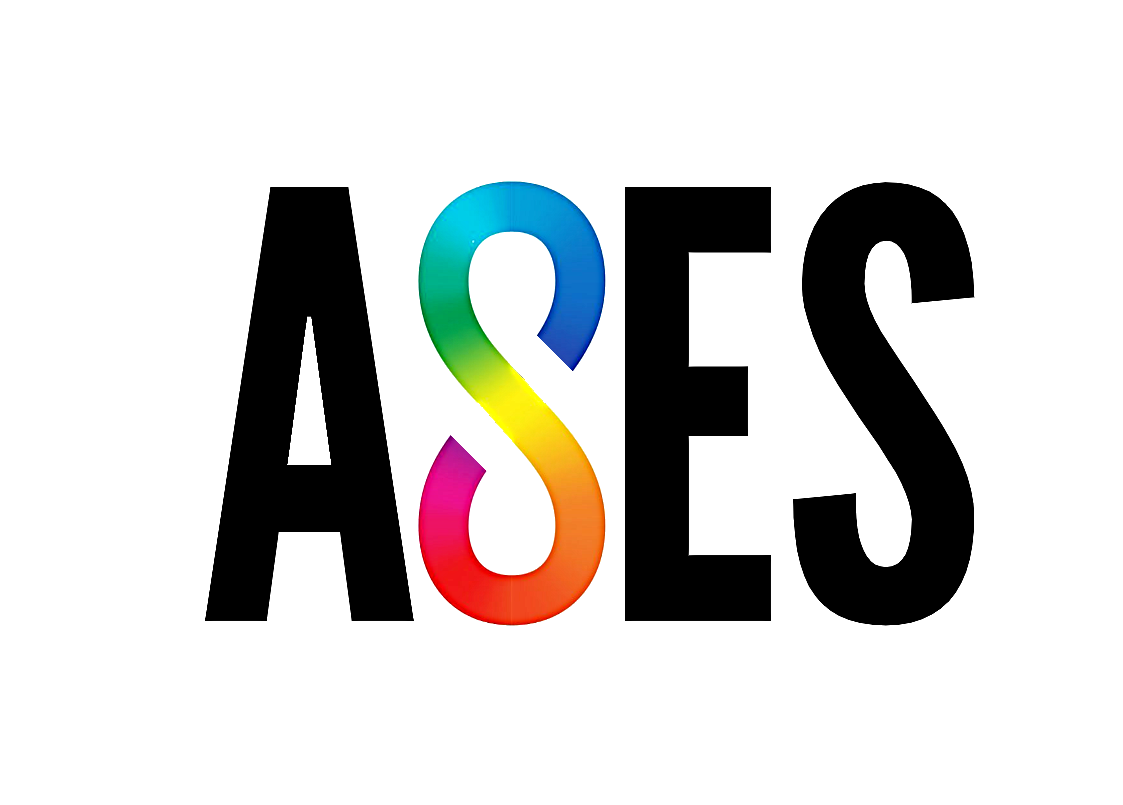How is autism perceived at work?

According to AutismTalkClub.com autism spectrum disorder affects communication and behaviour and is thought to affect 1-2% of people around the world, with diagnoses more common among males than females. However, there has been little large-scale research into its prevalence, and whether it differs with ethnicity.
Autism-specific legislation in different EU Member States varies in both form and scope: from single policies in specific areas to all-encompassing national autism plans or strategies. There is also discrepancy in Member States’ abilities to implement their policies. In countries severely affected by the financial crisis the implementation of autism policies has to be viewed in the context of high unemployment and reduced funding for services. The ratification of the United Nations Convention on the Rights of Persons with Disabilities (UNCRPD) by the EU and all but one Member State, has had a clear impact on autism service provision. One of the most striking impacts is the gradualde institutionalisation taking place across the continent, in line with Article 19 of the UNCRPD. In almost all Member States there is evidence of increasing inclusion of children with disabilities in mainstream educational settings, as well as measures to assist disabled people in accessing the labour market.
According to Ludmila N. Praslova, stated in a Harvard Business Review, autism doesn’t hold people back at work, discrimination does. Ms. Praslova in this article states that autistic professional is up to 140% more productive than an average employee when properly matched to a job that fits their skills. Yet, discrimination against neurodivergent people continues. That’s because most of the “common” workplace practices at the workplace are established for neurotypicality.
The difficulties with communication and social interaction that people with autism experience often affect their abilities to participate in job interviews, understand employers’ expectations and communicate with managers and colleagues. Yet, the greatest challenges that people with autism face in relation to employment are the lack of access to opportunities and discrimination.
These barriers to employment are raised long before a person with autism starts looking for a job. Across Europe, there is a serious lack of adapted education and training that could enable people with autism to gain the vocational, social and communication skills that are required for work. When a person with autism does seek employment, regardless of whether they managed to gain a relevant education or not, they are often confronted with discrimination related to their autism.
The ASES project will focus on the development of a training material and tools for SME management to increase workplace inclusion of adults with ASD. It will develop VET digital training resources to train employers and HR staff to recruit, mentor and empower staff with ASD throughout their employment cycle. The training resources will be designed to be used for distance learning and will embed gamification elements to facilitate learning process. Additionally, the training resources and curriculum will be pilot-tested over the course of 6 months, in the third year of project implementation.
